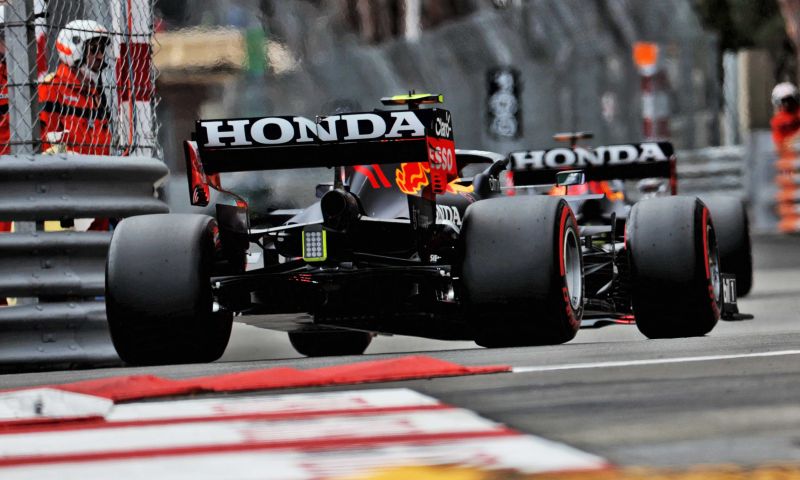F1 boss Ross Brawn gives his view on the Red Bull's flexible rear-wing
F1 News

- GPblog.com
A battle is brewing between Mercedes and Red Bull Racing, over the RB16B's potentially moving rear wing. Toto Wolff is threatening a protest in Azerbaijan, but Ross Brawn doesn't believe it will get that far.
Mercedes has made a lot of noise about their competitors' rear wings in recent weeks. They are said to move too much during a lap, and from images it seems that is indeed the case. Flexible wings are not new in Formula 1, but the FIA will introduce new tests for the French Grand Prix.
Mercedes feels bad for Red Bull
The wait for the test is not in Mercedes' liking. Now the competition has an advantage in Baku and Toto Wolff is threatening to lodge a protest. Brawn is not worried about the fact that there is a gap between the observation and a new test.
"I think the FIA have been pretty consistent with their approach. I'd be amazed if the stewards go against the opinion of the FIA. I think this is probably flexi rear wing version 27. In 40 years of motor racing, I've been through this many times,'' Brawn said according to ESPN. The Formula 1 chief refers to the numerous variants that F1 has already seen.
F1 continues to test
''There are a set of FIA tests and that's the only way we have been able to determine the limits of what you can do. If you pass the tests and some teams don't like it, the FIA can look at it, say 'fair point' and stiffen the tests and do different tests, so it's perpetual. I honestly don't believe there is any case for going in a different route to solve the problem, because I don't know how you quantify it.''
According to Brawn, it is very difficult to really map out what is allowed and what is not, and so it is about teams passing the tests. ''One person's view of it being too flexible is another person's view of it being OK, and that's why we have the tests. If you put a mechanism in there or a hinge in there, I agree that's not correct, But within the normal compliance of the structure, I don't see a problem,'' Brawn concludes.